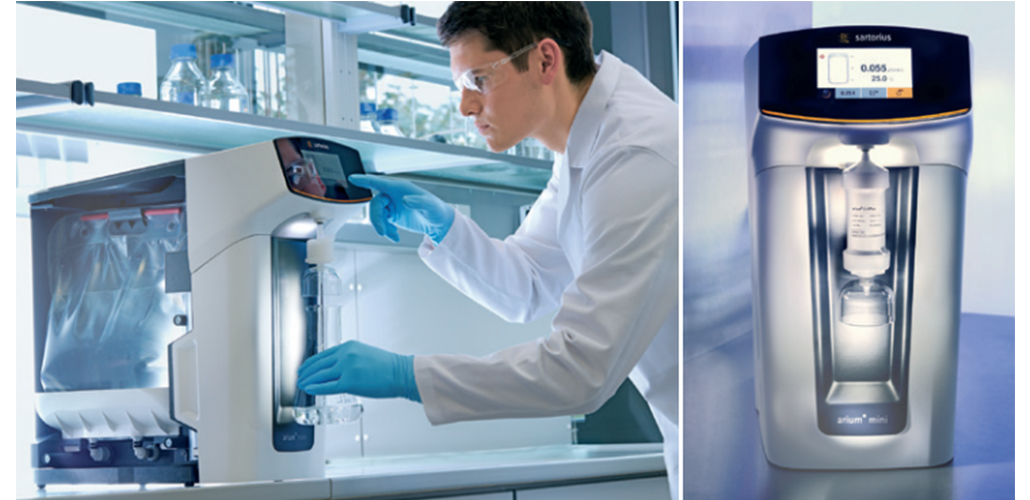Antibody products against PEG from Abcam!
April 15, 2019Polyethylene glycol (PEG) is a synthetic polymer composed of repeating ethylene glycol (-CH2-CH2-O-) units. It has low toxicity, is strongly hydrophilic and has a large exclusion volume in aqueous solution. The covalent attachment of PEG (PEGylation) is commonly used to modify a variety of proteins and drugs. PEGylation can offer several benefits including decreased immunogenicity, increased bioavailability, and optimized pharmacokinetics5.
Due to the uncharged and biocompatible nature of PEG, it is not very immunogenic, making PEG very difficult to raise antibodies against. After extensive development, Abcam have successfully generated multiple high-quality PEG RabMAb primary antibodies.
An anti-PEG antibody can be used to monitor a drug's pharmacokinetics, including distribution, metabolism and excretion. Also, it can be used for the quality control of PEGylated molecules in ELISA, WB, and IHC.
Click here to explore Abcam complete range of anti-PEG products and their corresponding data!



DY54zWq52aa69ccYKNRT.jpg)
